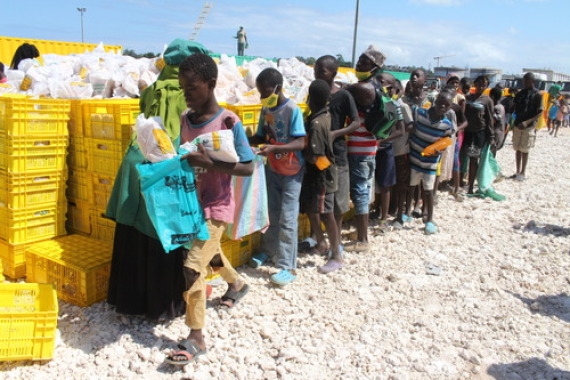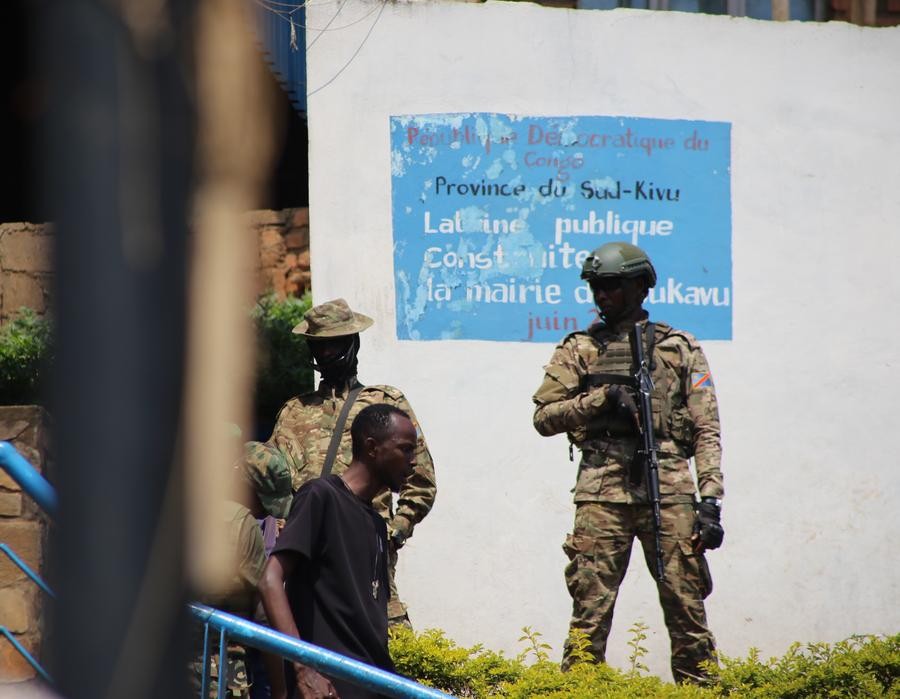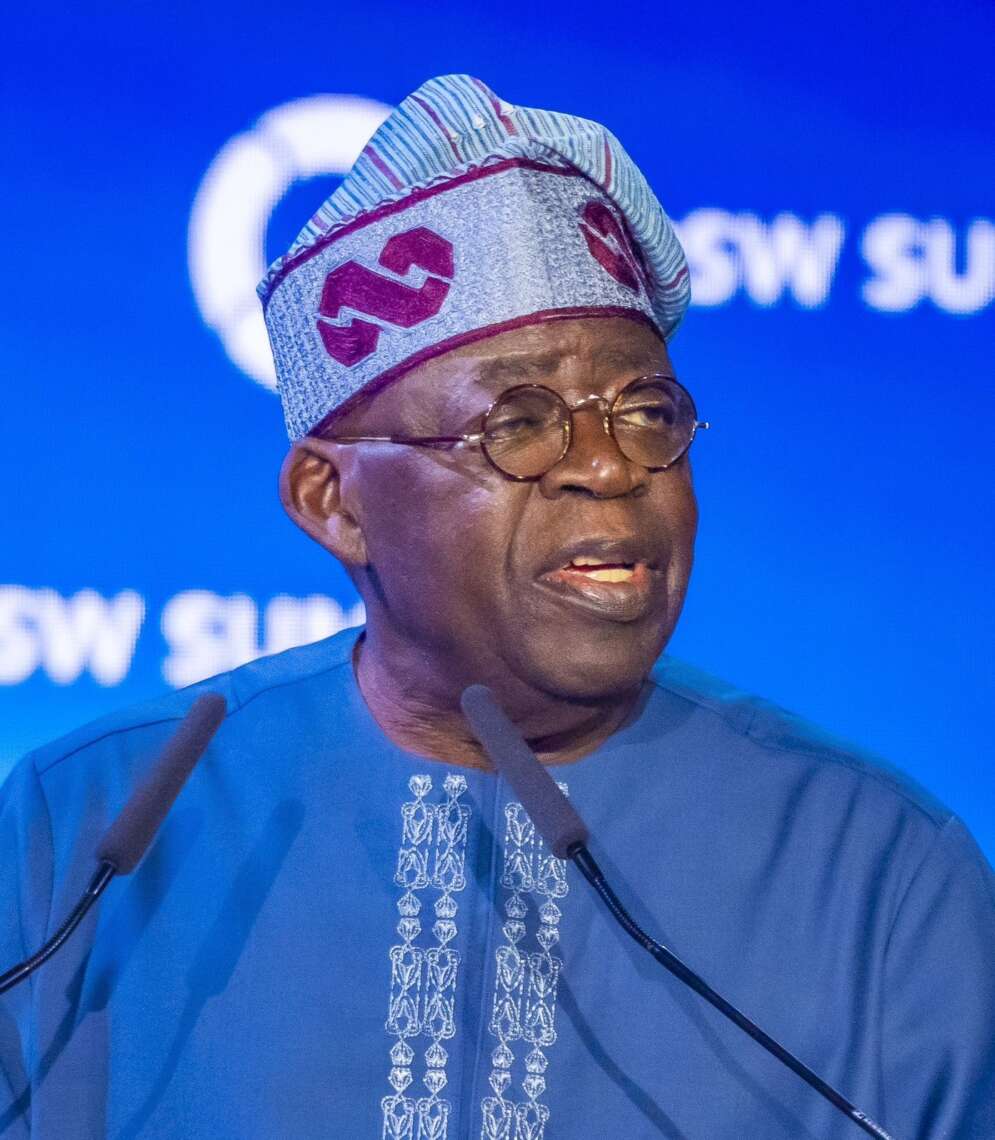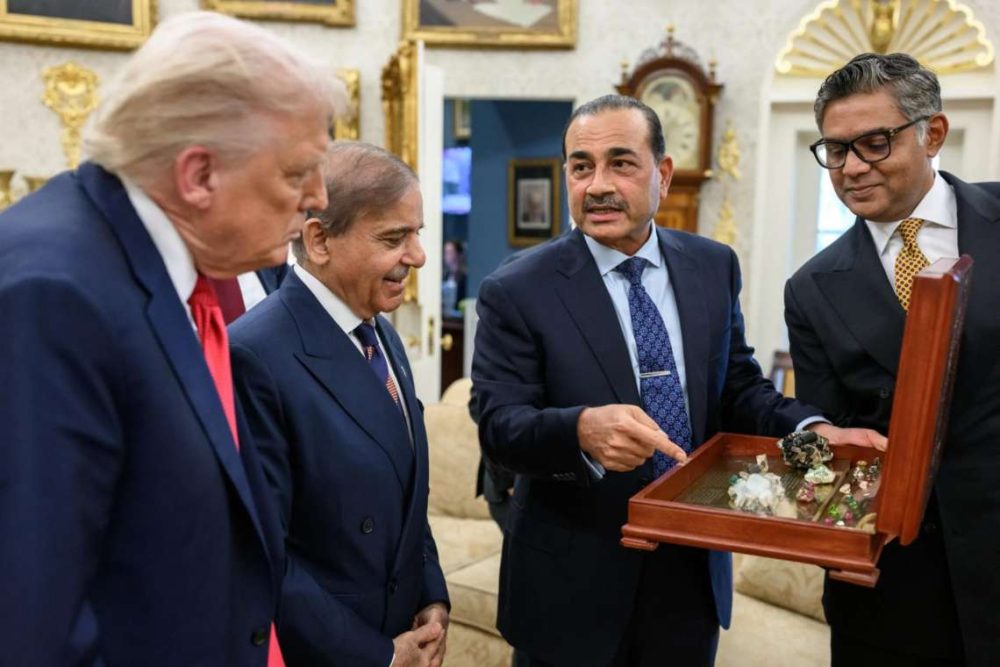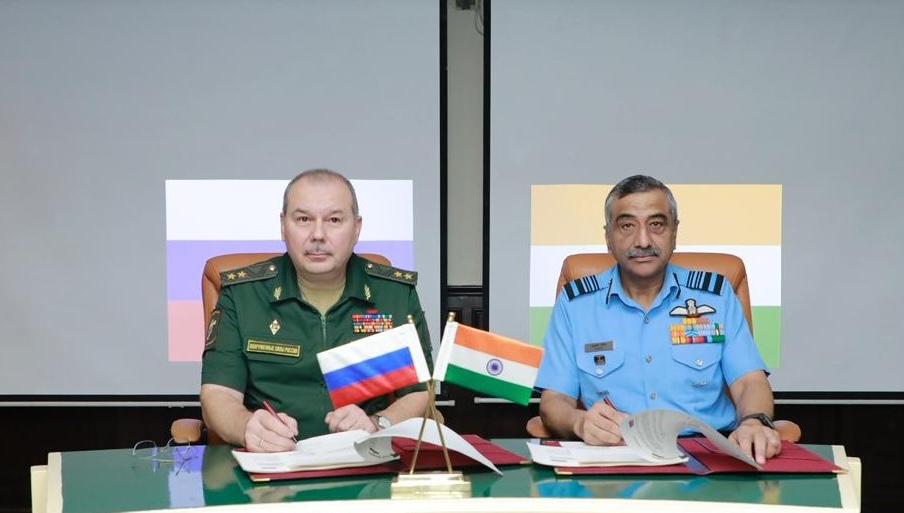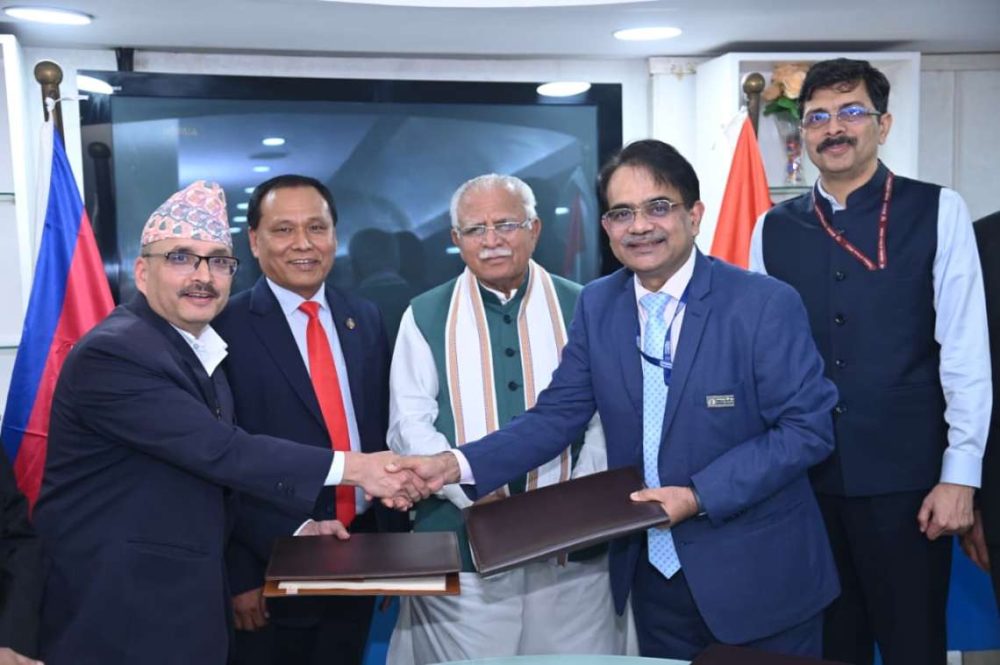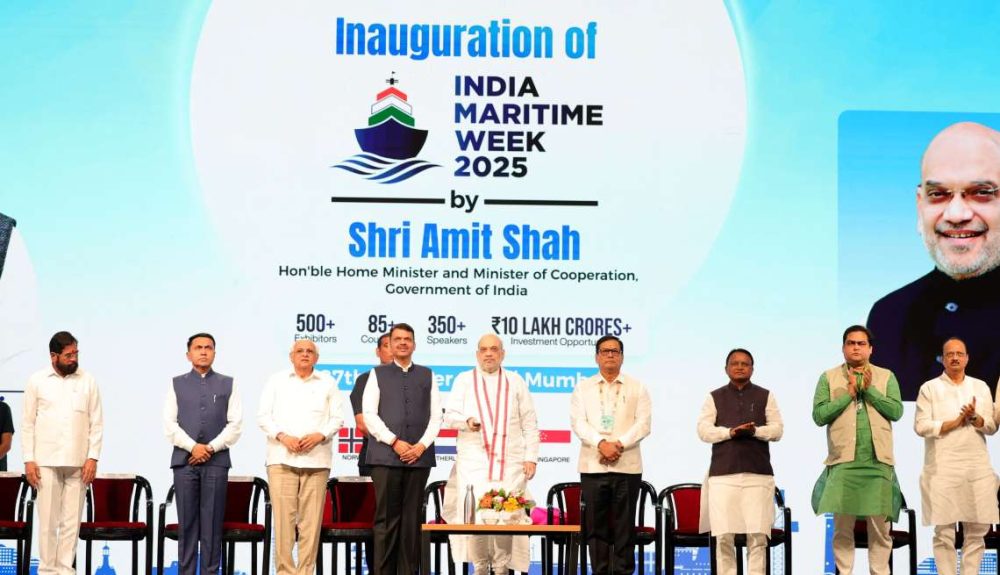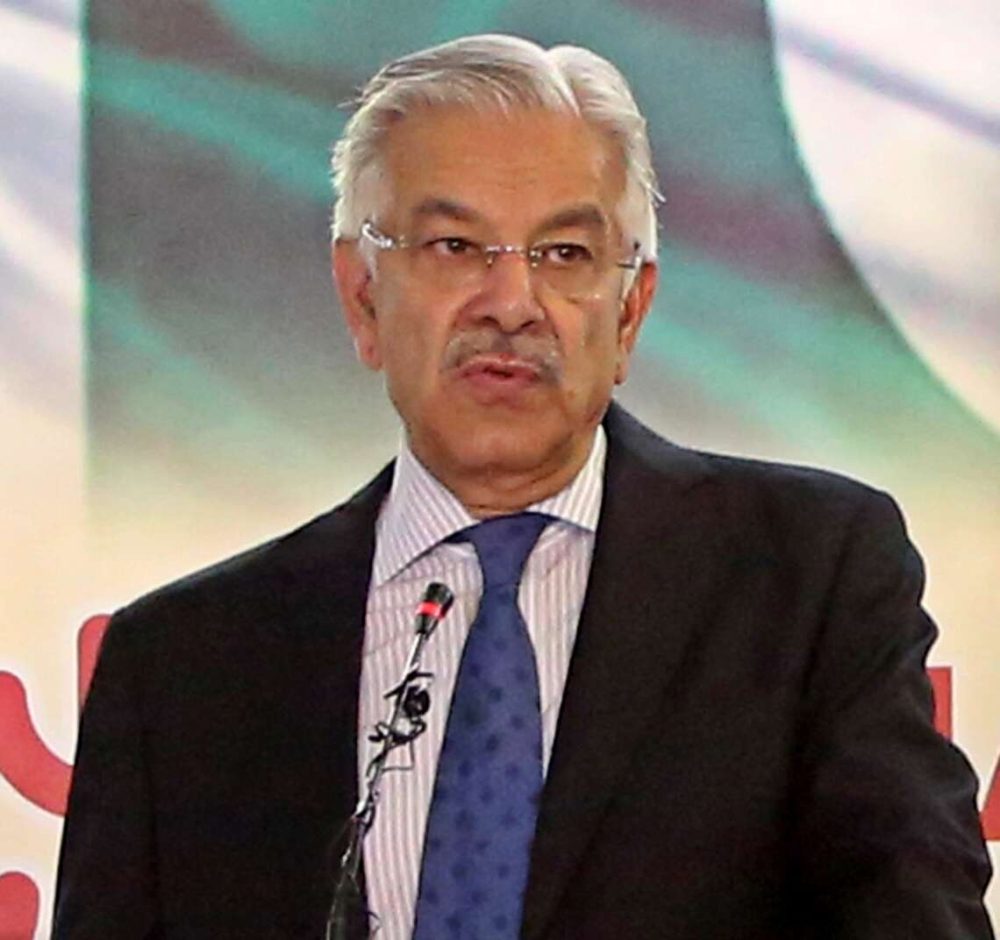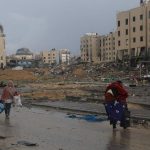Mission head Bintou Keita met with Corneille Nangaa, leader of the Congo River Alliance that includes M23, and other representatives
The head of the U.N. peacekeeping mission in Congo met with leaders of the Rwanda-backed rebel group M23 on Friday in Goma, in her first visit to the eastern city of Goma since its capture by the insurgents. The meeting included discussions on the mandate of the peacekeeping mission known as MONUSCO, especially on the protection of civilians, the mission said on X.
Mission head Bintou Keita met with Corneille Nangaa, leader of the Congo River Alliance that includes M23, and other representatives. The rebel leaders “expressed their willingness to find a peaceful solution to the crisis,” Keita said.
The decades-long conflict in eastern Congo escalated in January, when the Rwanda-backed M23 advanced and seized the strategic city of Goma in North Kivu province, followed by Bukavu in February.
Despite Congo’s army and M23 having agreed to work toward a truce in April, fighting between the two sides continues. The meeting on Friday came as the rebels have recently been accused of committing possible war crimes in the territories they control.
In May, Amnesty International said the rebels killed, tortured and forcibly disappeared civilian detainees in Goma and Bukavu. M23 is one of about 100 armed groups that have been vying for a foothold in mineral-rich eastern Congo near the border with Rwanda, in a conflict that has created one of the world’s most significant humanitarian crises. More than 7 million people have been displaced, including 100,000 who fled homes this year.
The rebels are supported by about 4,000 troops from neighboring Rwanda, according to U.N. experts, and at times have vowed to march as far as Congo’s capital, Kinshasa, about 1,600 kilometers (1,000 miles) to the east.
The MONUSCO force arrived in Congo in 2010 after taking over from an earlier U.N. peacekeeping mission to protect civilians and humanitarian personnel and to support the Congolese government in its stabilization and peace consolidation efforts.
However, frustrated Congolese have said that no one is protecting them from rebel attacks, leading to protests against the U.N. mission and others that have at times turned deadly. In 2023, at Congo’s request, the U.N. Security Council voted unanimously to draw down the peacekeeping force and gradually hand over its security responsibilities to Congo’s government.
Last year, in the first stage of a planned full withdrawal, MONUSCO forces left the province of South Kivu. The head of MONUSCO’s visit to Goma sparked mixed reactions among local residents of Goma.
“She’s here to carry out interventions where insecurity reigns in the country, and that’s why, in my opinion, her presence in the city of Goma will change many things,” Abiba Kasole, a student in the city said.
Another resident, Muguiko David, was less hopeful about the prospects of Keita’s visit bringing peace. “What we think of MONUSCO, since it has been here with us, is that we live a miserable life, because they say they are here to help bring peace, and the peace they’re supposed to bring—we don’t see it,” he said.
Meanwhile, acute food insecurity and child malnutrition rose for the sixth consecutive year in 2024, pushing more than 295 million people across 53 countries to the brink, according to a joint report by UN agencies released on Friday.
This is an increase of 13.7 million from 2023, said the report, blaming conflict, economic shocks, climate extremes, and forced displacement for the global rise in food insecurity and malnutrition.
It showed that the prevalence of acute food insecurity is worsening — standing at 22.6 per cent of the population. 2024 marks the fifth consecutive year in which the figure has remained above 20 per cent.
During the same period, the number of people facing catastrophic hunger more than doubled to reach 1.9 million — the highest since tracking began in 2016, the report said, adding that hunger shocks will likely persist into 2025.
“This Global Report on Food Crises is another unflinching indictment of a world dangerously off course,” said United Nations Secretary-General António Guterres.
“Long-standing crises are now being compounded by another, more recent one: the dramatic reduction in lifesaving humanitarian funding to respond to these needs. This is more than a failure of systems — it is a failure of humanity. Hunger in the 21st century is indefensible. We cannot respond to empty stomachs with empty hands and turned backs,” he added.
Further, the report cited “extremely high levels” of malnutrition, particularly among children in the Gaza Strip, Mali, Sudan, and Yemen. Nearly 38 million children under five were acutely malnourished across 26 nutrition crises.
The report also highlights a sharp increase in hunger driven by forced displacement, with nearly 95 million forcibly displaced people, including internally displaced persons (IDPs), asylum seekers, and refugees, living in countries facing food crises such as the Democratic Republic of Congo, Colombia, Sudan, and Syria out of a global total of 128 million forcibly displaced people. Acute food insecurity and malnutrition have increased to record levels, yet global funding is experiencing its fastest decline in years, and political momentum is weakening.
The report called for a bold reset — one that prioritises evidence-driven and impact-focused action — to break the cycle of rising hunger and malnutrition.


